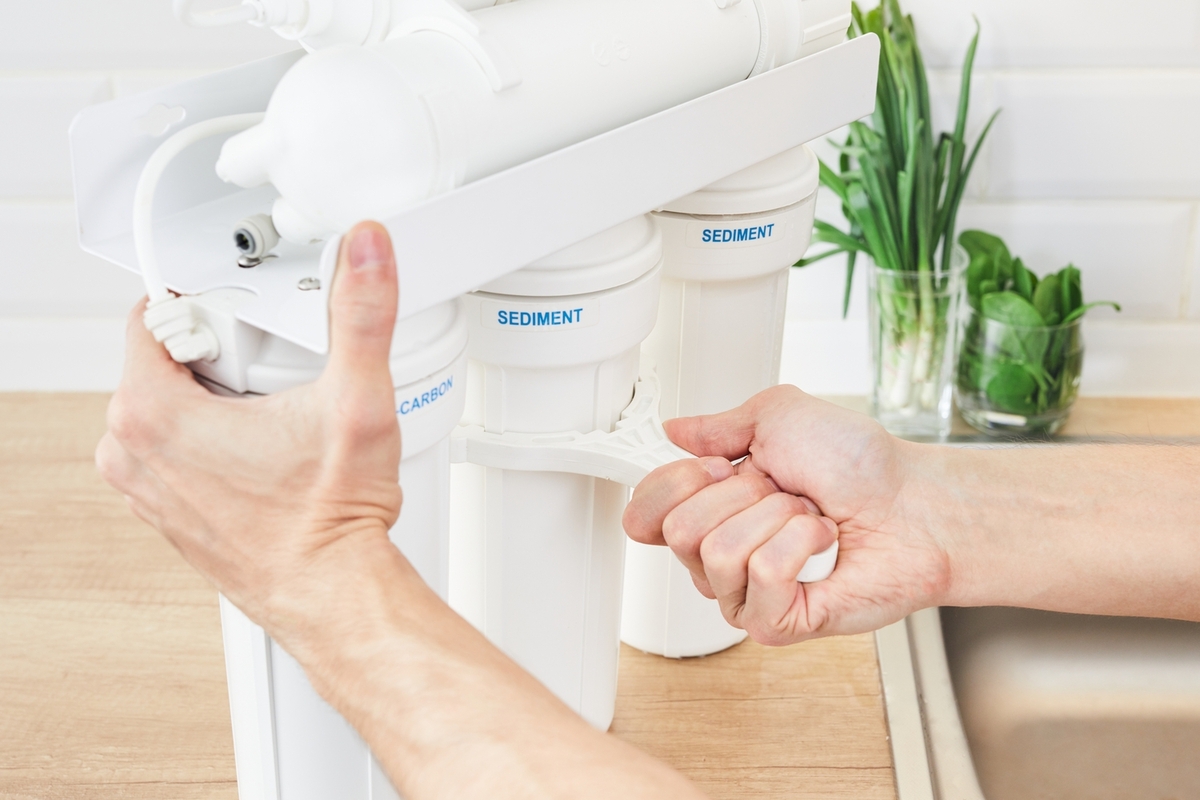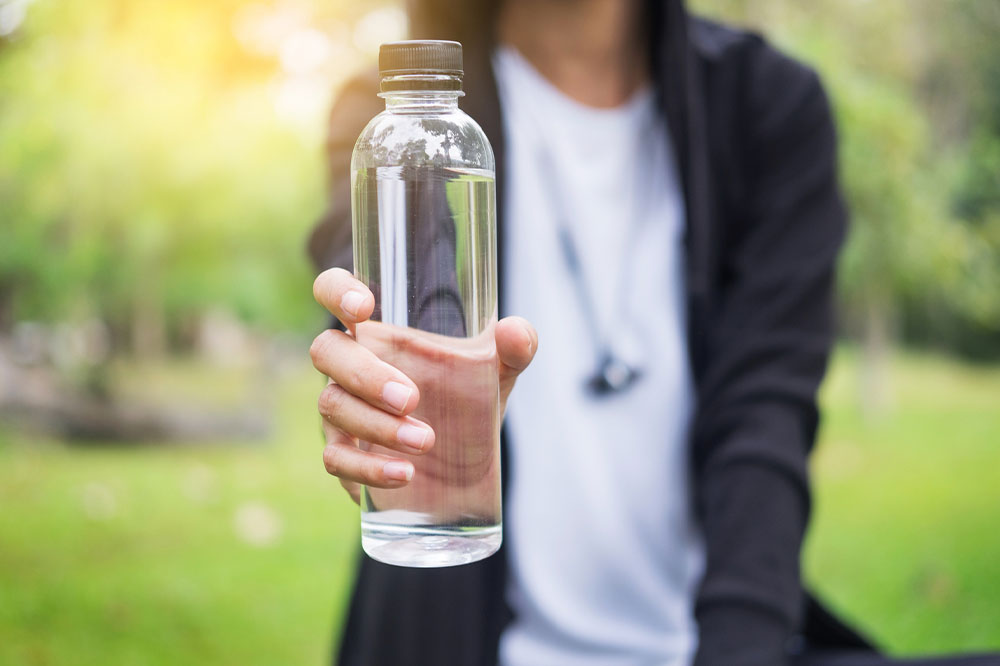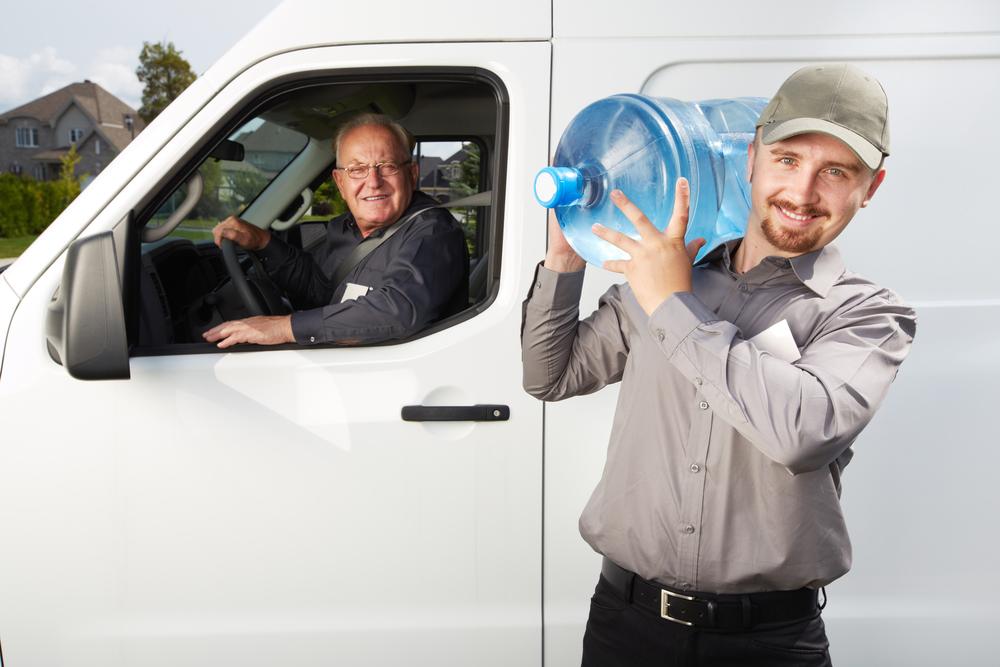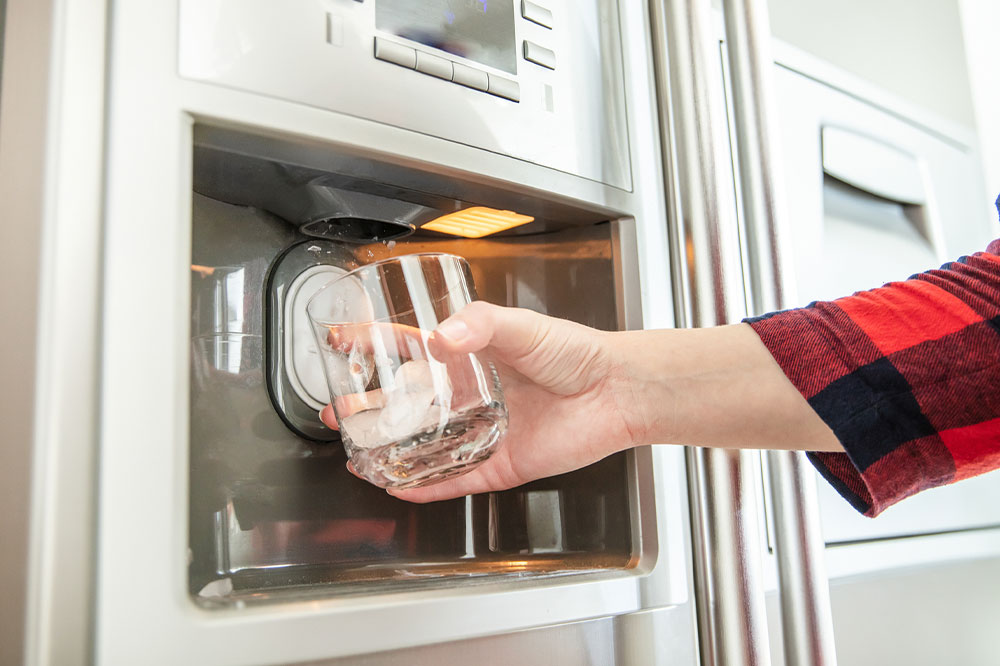Top Factors to Consider When Selecting a Water Purification System
Learn key factors for selecting the ideal water purification system, including water analysis, filter types, and advanced technologies. The guide covers cost considerations and customer reviews to help you make an informed choice for your home or office water needs.
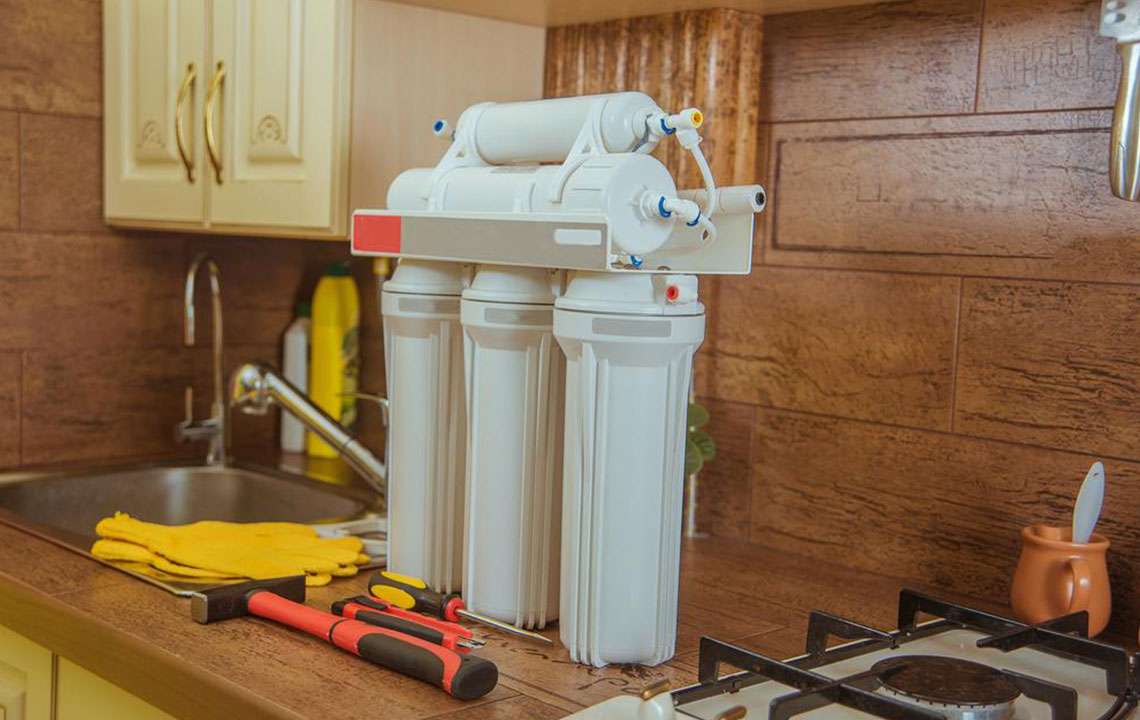
Top Factors to Consider When Selecting a Water Purification System
Installing a water purification system at your residence offers an easy solution to access clean, filtered water without the inconvenience of purchasing bottled water. But how do you determine the most suitable filtration system for your home or workplace? The following guidelines will help you identify the ideal water purification setup tailored to your needs.
Analyzing Water Composition
Before selecting a purification system, it’s essential to understand the specific contaminants in your water supply. Obtain a water quality report from your provider to identify potential impurities. This information will streamline your decision-making process and ensure your chosen system effectively addresses your water issues.
Types of Water Filtration Solutions
You can select from various filtration methods, ranging from basic to highly advanced. Common options include:
Pitcher Filters
These simple devices use gravity to filter water. Ideal for small-scale use, they require no installation and are refilled manually.
Undersink Filters
Installed beneath the sink, these systems connect to a dedicated faucet, providing filtered water directly at the point of use.
Whole-House Filtration
This comprehensive system treats water at the entry point of your property, supplying clean water to every tap and appliance throughout your home or office.
Popular Filtration Technologies
The most common methods include:
Reverse Osmosis
Water is forced through a semi-permeable membrane to remove impurities, although it can produce wastewater.
Carbon Filtration
Utilizing activated carbon, this technology is common in pitcher filters and under-sink units for its effectiveness in reducing chlorine and organic contaminants.
Distillation
This method heats water to its boiling point, capturing steam and condensing it back into pure water, leaving behind impurities.
Pricing and Customer Feedback
Costs vary widely depending on the brand and technology sophistication. Prioritize options within your budget and read online reviews to gauge customer satisfaction, aiding your final choice.
Note:
Our blog provides diverse, informative content for readers seeking practical knowledge. While we rely on research and data for accuracy, please consider articles as informational rather than definitive. We do not accept responsibility for discrepancies across sources, nor for offers or schemes that might benefit your decision-making.

